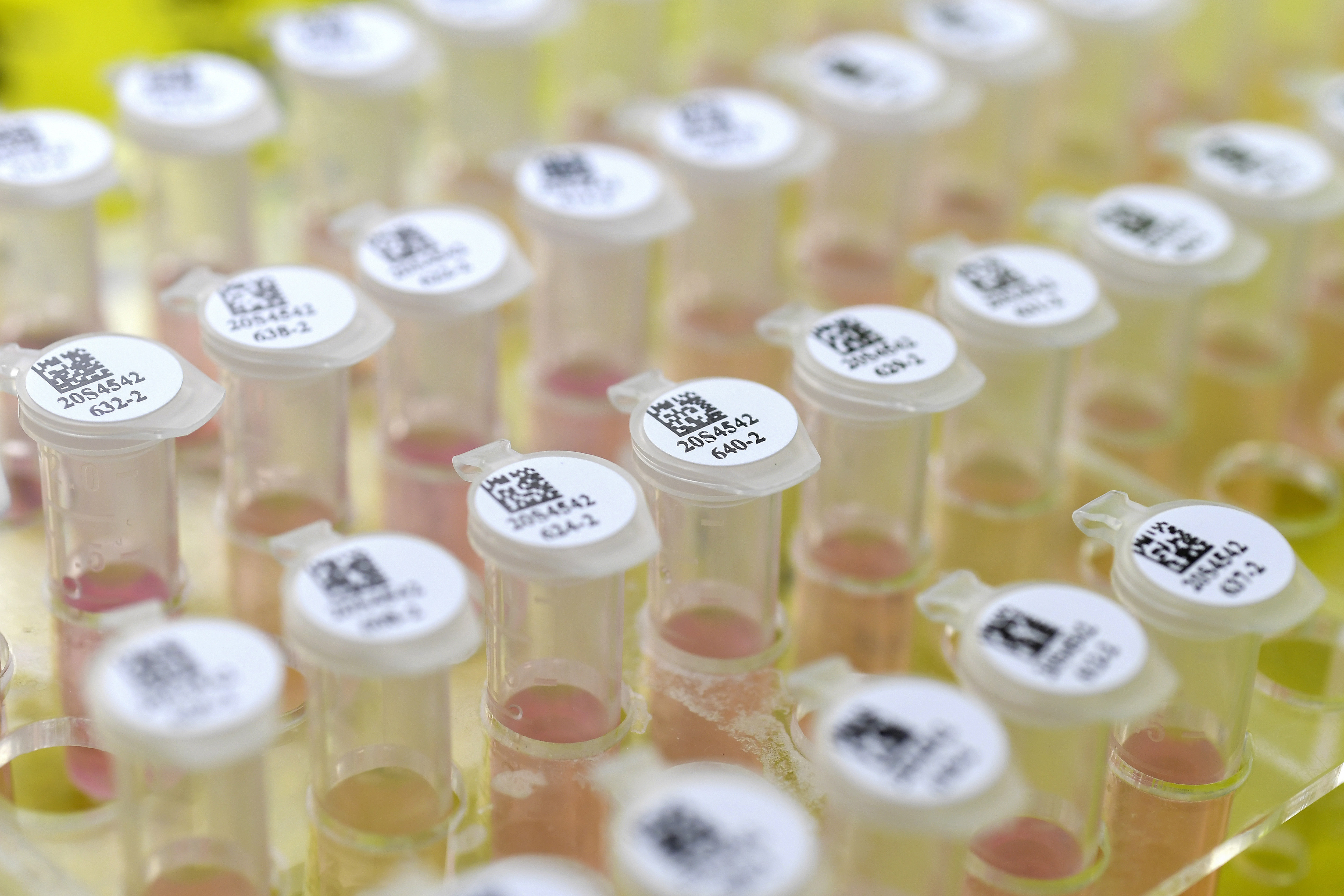Independent scientists questioned research on Friday that suggested that the outbreak of coronavirus disease spreading from China might have passed from bats to humans through the illegal traffic of pangolins.
South China Agricultural University, which said it had led the research, said on its website that the “discovery will be of great significance for the prevention and control of the origin (of the new virus)”.
China’s official Xinhua news agency reported that the genome sequence of the novel coronavirus strain separated from pangolins in the study was 99 per cent identical to that from infected people. It said the research had found pangolins to be “the most likely intermediate host”.
But James Wood, head of the veterinary medicine department at Britain’s University of Cambridge, said the research was far from robust.
“The evidence for the potential involvement of pangolins in the outbreak has not been published, other than by a university press release. This is not scientific evidence,” he said. “Simply reporting detection of viral RNA with sequence similarity of more than 99 per cent is not sufficient. Could these results have been caused by contamination from a highly infected environment?”










